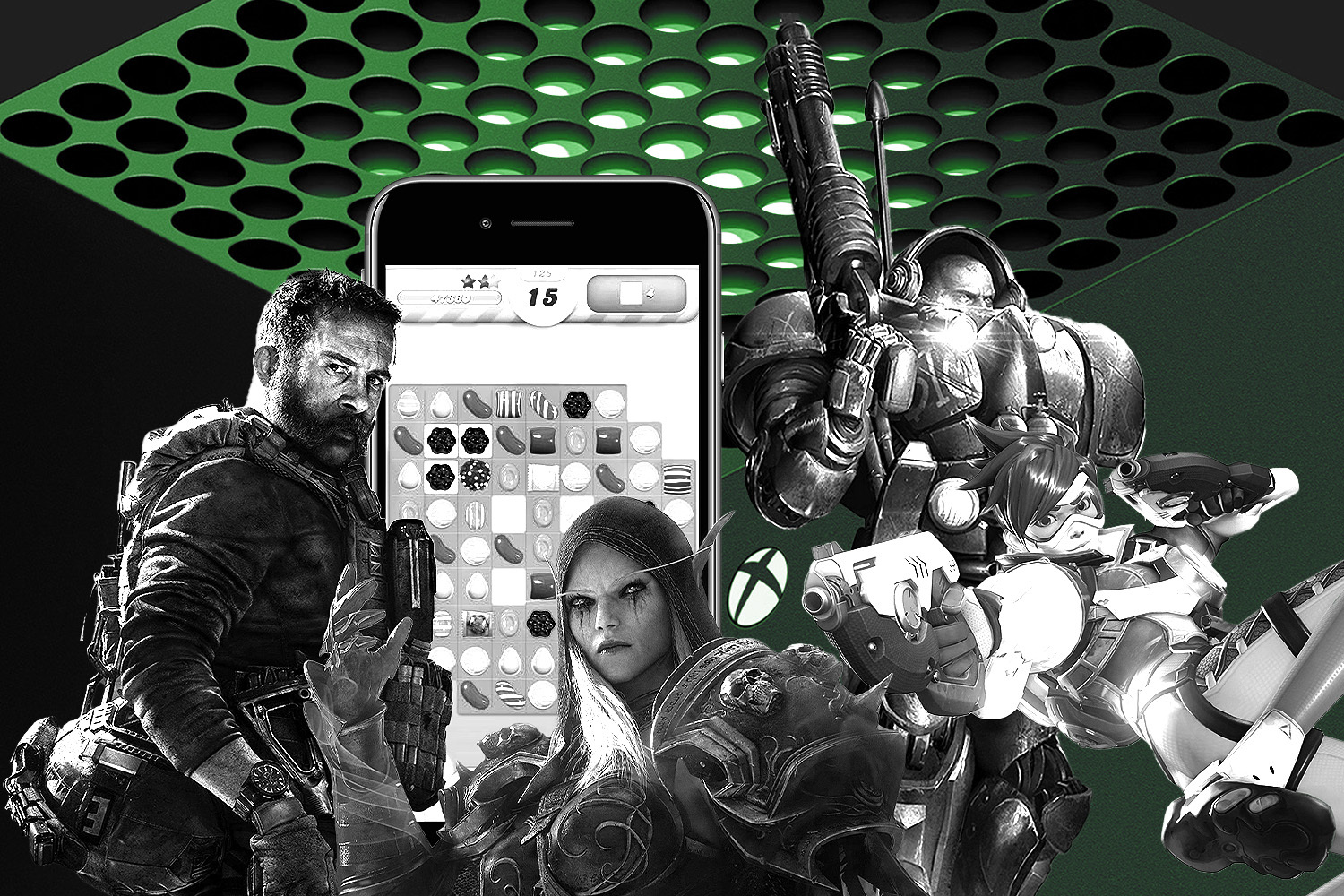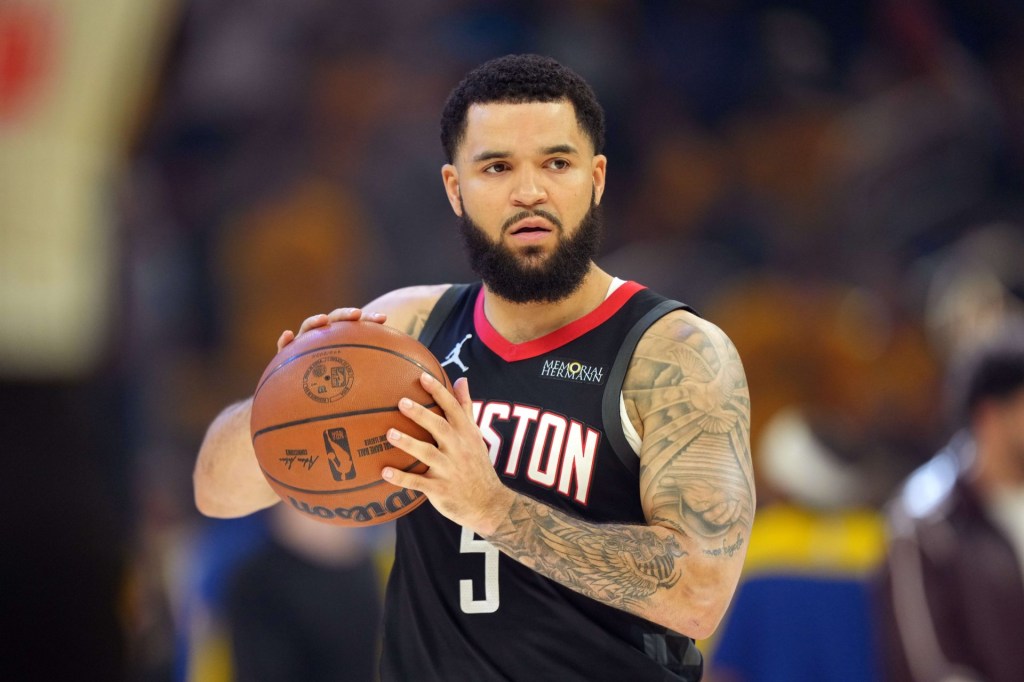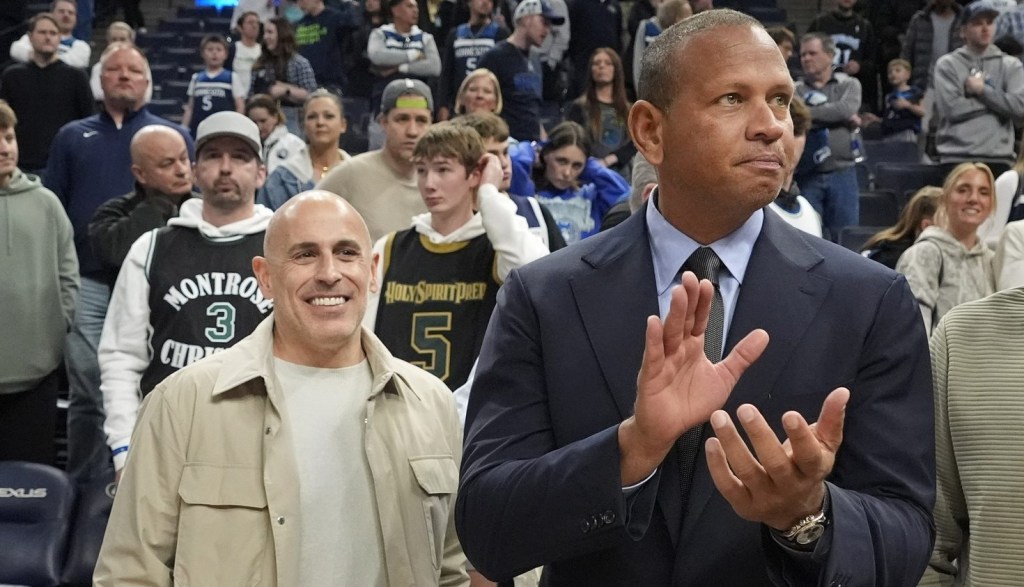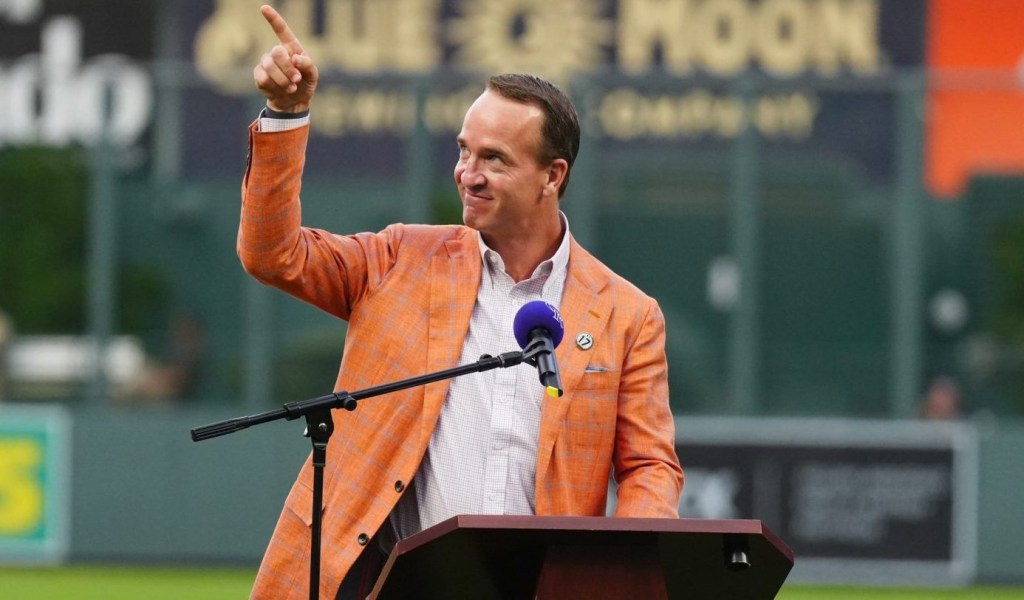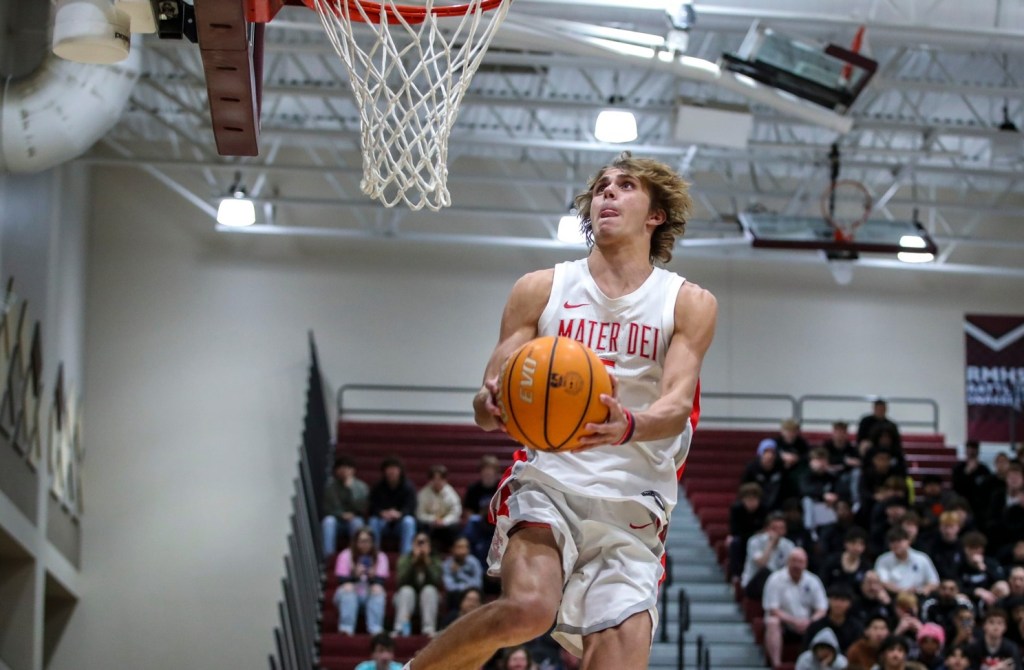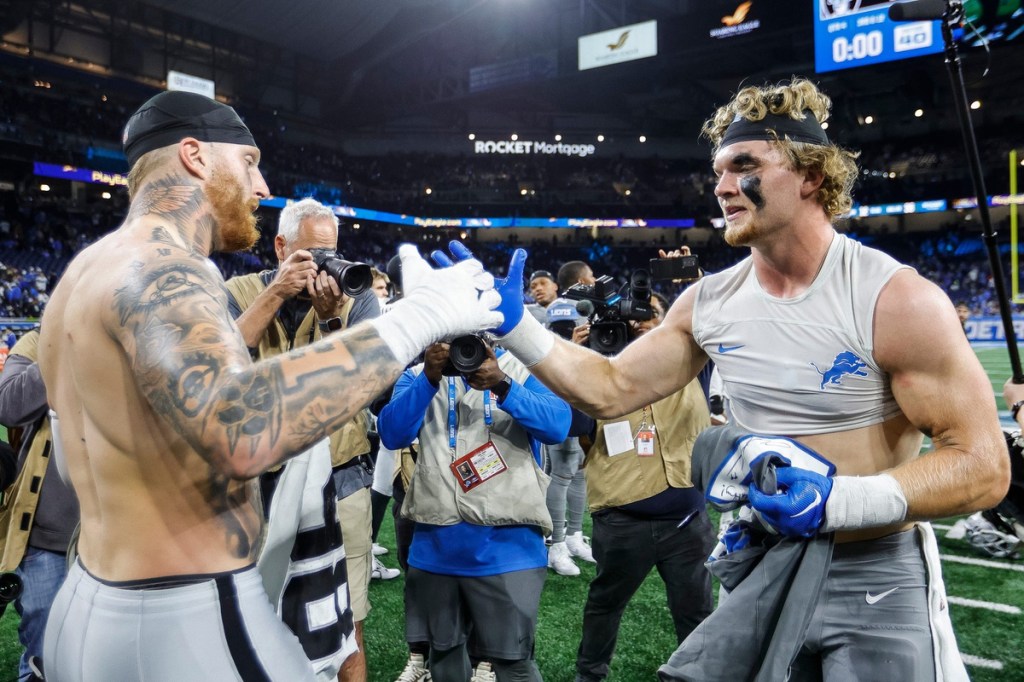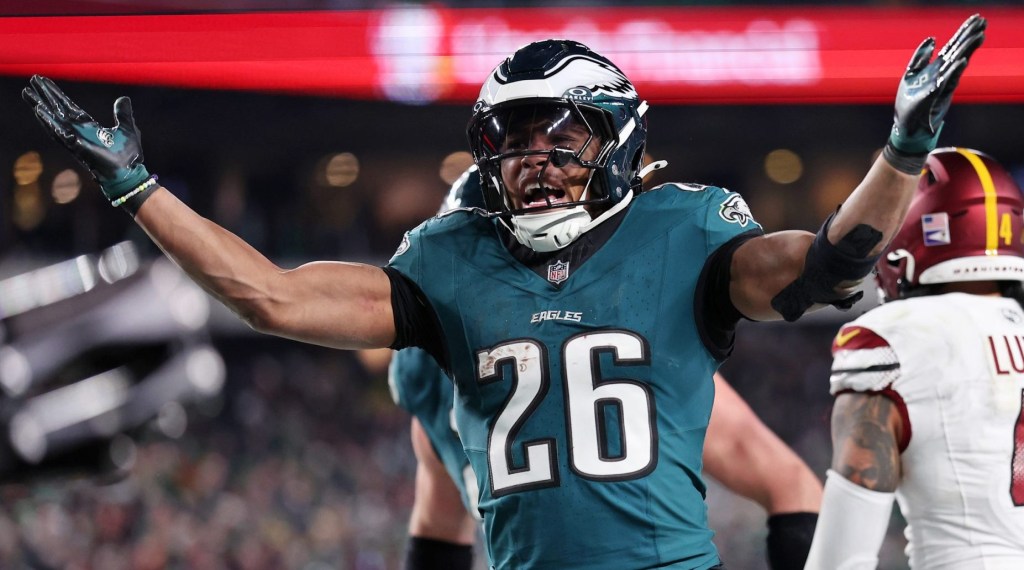Rarely do we get to claim something as the “biggest of all-time.”
On Jan. 18, Microsoft made that possible by announcing that it would acquire famed video game publisher Activision Blizzard for a whopping $69 billion — the largest tech acquisition in history.
To put into perspective how massive this deal is, here are individual purchases Microsoft could have done instead with $69 billion:
- Every NHL team two times over
- Every MLB team
- 29 NBA teams
- 22 NFL teams
- Every Bored Ape NFT 60 times over
- And, as of market close Friday, Peloton’s entire business about eight times over
By any stretch of the imagination, the transaction is a blockbuster. Being a big player in the gaming business pays — the estimated total addressable market is currently $175 billion, and in an industry that is largely driven by franchises, Activision Blizzard owns several crown jewels.
Microsoft CEO Satya Nadella is incredibly bullish on the industry, stating his gaming thesis on the company’s Oct. 26 earnings call:
“Gaming is the largest and fastest-growing category in entertainment. The last two years, in particular, have shown how critical games are to helping people maintain a sense of community and belonging even when they’re apart.”
Nadella was introduced as CEO in 2014 and his M&A resume includes the likes of Mojang, LinkedIn, and GitHub. From the looks of it, the Activision deal might be the most meaningful of all.
It’s Blizzarding Cash
One remarkable thing about this transaction is that it was an all-cash deal. The $69 billion price tag represents 52% of Microsoft’s cash and short-term investments — basically anything liquid enough to be converted into cash.
The $69 billion figure also represents almost 90% of Microsoft’s net operating cash — the cash that a company has generated from carrying out its operations, different from simple balance sheet cash and equivalents which represent a snapshot of liquid assets at a specific point in time.
Another fact worth noting: The deal has an associated breakup fee of $3 billion for either party (depending on who backs out). The breakup fee is a common feature of large M&A transactions — a fee usually paid by the acquisition target (in this case Activision) to the acquirer (Microsoft) in order to incentivize closing the pending deal.
- According to reports, in this particular case, if the deal is terminated due to antitrust concerns, Microsoft will be forking over the cash.
- If, on the other hand, the deal is called off due to Activision finding another purchaser, then the fee will fall squarely on their shoulders.
Microsoft will be purchasing the gaming studio at a $95 per share price point, a 45% premium over the company’s share price the week leading up to the deal, and just 10% off the company’s 52-week high.
Given the percentage of Microsoft’s net cash that this deal represents, along with the breakup fee and clear path for Microsoft to become the top player in the gaming space, the incentives to get the deal done are very real.
Microsoft’s Portfolio
From a gaming studio perspective, there are few companies that are more compelling targets than Activision, which is 40% larger by market cap than the next closest competitor, Electronic Arts.
Unsurprisingly, Microsoft has relatively diversified revenue streams, of which their consumer division is a core strategy. As of the $2 trillion company’s most recent earnings report, the revenue breakdown looks something like this:
- Productivity and Business Process (Office products and LinkedIn): $15 billion, 22% increase YoY
- Intelligent Cloud (Microsoft’s version of AWS): $17 billion, 31% increase YoY
- More Personal Computing (consumer products including games): $13.3 billion, 12% increase YoY
Microsoft’s Xbox content and services fall in the More Personal Computing revenue bucket and growth for that segment was not exactly impressive, with only a 2% increase year-over-year — the lowest growth of any line item.
But if you extrapolate gaming-specific performance it looks more promising:
- 16% increase in total gaming revenue YoY
- 166% increase in Xbox hardware revenue YoY
Now, here’s the kicker. While building up their gaming revenue is clearly a huge boon to Microsoft, there are actually other ancillary benefits that the company will see. Constellation Research analyst Holger Mueller posits that the acquisition will actually benefit Microsoft’s Azure product.
Activision Blizzard currently operates on Google Cloud, a competitor to Microsoft’s Azure. When the deal is completed, it can be assumed that the gaming studio would shift its cloud infrastructure from Google Cloud to Azure. According to Mueller, this could potentially pay for $10-$20 billion of the transaction price.
Capturing Future Gamers
The move to buy Activision, in some respects, can also be seen as a play to dive deeper into the metaverse and AR/VR markets.
The next five to 10 years of gaming will require participants to build out massive amounts of IP and content. Metaverse gaming in particular will require a pairing of hardware and software expertise along with robust creative teams to build out the infrastructure.
Under Nadella, Microsoft has clearly become an apex acquirer, but is the Activision acquisition enough to make them the industry’s clear leader? If they prioritize getting blockbuster franchises like “Call of Duty” and “Overwatch” into the hands of Xbox gamers first, and perhaps exclusively, the answer is likely yes.
Another One?
So, what’s the next move and who makes it?
A company like Ubisoft makes sense as an acquisition target. For starters, it’s embroiled in legal battles similar to Activision, causing a diminished workforce and a suppressed stock price. Furthermore, Sony, who many expect to make a major move of their own, is set when it comes to selling consoles — now they need content and IP, something that Ubisoft has in spades.
However, Sony itself, or at least parts of it could also be the target of some of the big fish — maybe Netflix or Apple.
- Netflix began its foray into gaming in 2021 and could benefit from the existing portfolio that Sony presents.
- As the world’s largest company, Apple has enough cash to…well, do whatever it wants, and acquiring a company like Sony or Electronic Arts would cement Apple as a force to be reckoned with in the space.
The viability of all this depends on the fun police, the FTC and the DOJ, who ultimately decide if the transaction is deemed anti-competitive. But it’s not hard to imagine an outcome where gaming consolidation continues and there are now precedent transactions that could provide meaningful context for valuations.
It’s all speculation at this point, but hey, I doubt many had a $69 billion gaming acquisition by Microsoft on their January bingo cards. In the immortal words of Kevin Garnett, “Anything is possible.”
